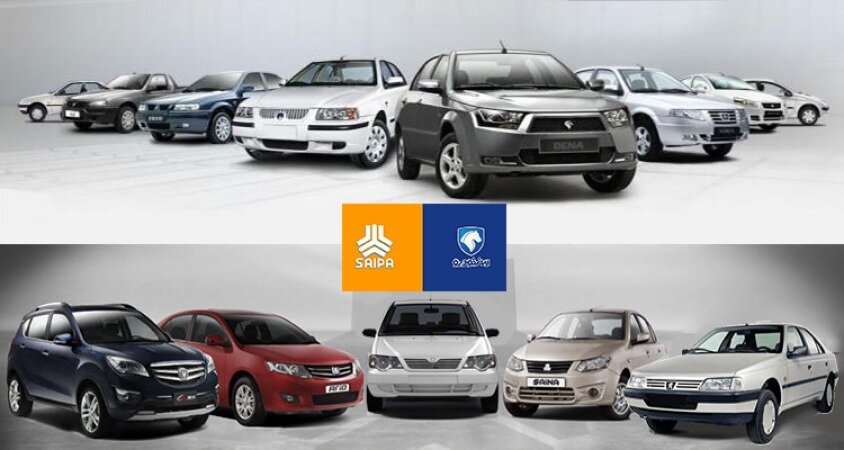A gifted monopolized car market

TEHRAN - Passenger car is a commodity that has customers in every society. Probably, the desire to have a passenger car in Iran is higher than in many other countries.
This great appetite to own a car has created a situation for local car producers to abuse the situation. Auto companies, namely Iran Khodro - branded as IKCO - and SAIPA, have exploited the situation. They have created a monopolized market for themselves. They have also created a profitable environment for car dealers.
The illegal sanctions imposed on Iran have provided more pretexts for these two companies to misuse the situation.
Now cars have been turned into capital goods rather than consumer goods.
They have roughly raised the price of their products in tandem with the value of the dollar, which has increased by about eight times against the national currency since Donald Trump illegally quit the JCPOA, the official name for the 2015 nuclear agreement, and imposed sanctions on Iran.
For example, about a year ago when a dollar was traded for about 24,000-25,000 tomans, the price of Pride – the cheapest brand which was first imported from South Korea more than two decades ago and was indigenized - was about 100 million tomans at the open market. However, SAIPA has increased its price nearly 70 percent to about 170 million tomans. This is a big question for citizens because during this time the value of the dollar has increased just 2,000 to 3,000 tomans.
People are rightly asking if these companies are producing cars themselves why the prices have increased in parallel with the dollar!
Despite constant price rises, the car producers are claiming they are making losses!!! This claim has been confirmed by Industry, Mining, and Trade Minister Reza Fatemi Amin. Claims of losses may be true but the main reasons are corruption that has engulfed Iran Khodro and SAIPA like other companies. Based on the facts on the ground, these companies are overstaffed. However, customers are paying for these high expenditures.
It is no exaggeration that citizens are saying that car producers in Iran are the most fortunate car companies in the world.
It is the citizens that are paying the cost of mismanagement, lack of competition, high costs, corruption, and most importantly monopolized market.
More regrettably, despite skyrocketing prices, there has been no improvement in the fuel efficiency of products by the two auto companies.
The main reasons that they have failed to improve fuel efficiency are that gasoline is highly subsidized and responsible bodies such as the National Iranian Standards Organization or the Department of Environment have failed to force them or probably do not have enough authority to make them produce fuel-efficient cars.
It is also regrettable that successive administrations have given in to the demands of these two car factories. However, we are still waiting how the administration of Ebrahim Raisi will deal with the issue.
According to www.entekhab.ir, Fatemi Amin has said he is seeking to make his ministry “answerable and transparent”. However, there is doubt that he will be able to do this even if there is a will to do so because apparently, the two companies have been outmaneuvering every minister.
The value of subsidized gasoline that these cars burn is extremely far higher in comparison to the jobs that they create if these two can be measured in terms of value.
While a car company like Volkswagen plans to stop manufacturing combustion engine cars by 2035, or Toyota has announced that it will say goodbye to fossil fuel cars by 2035, the car companies in Iran are producing fuel-inefficient cars and possibly don’t allow private companies to enter the race.
If these local car companies were really producing high-quality cars, after all these years, they would have been able to find markets in certain countries.
Any industry cannot grow in absence of serious competition and research and development (R&D) and Iran Khodro and SAIPA are no exceptions.
Leave a Comment